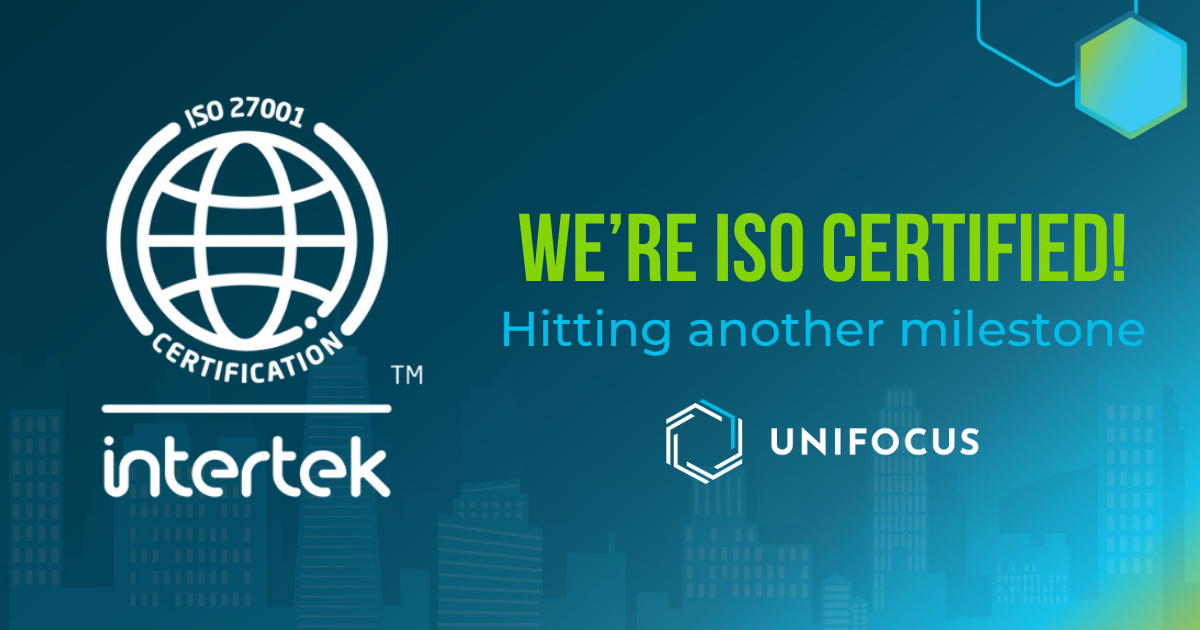Coaching vs. Managing in the Age of the Millennial
Already outnumbering boomers in the general population, millennials are set to represent the largest segment of the U.S. workforce by 2018. And when they do, the mindset of this tech-savvy, feedback-hungry generation will require a fundamental change in the way managers interact with, motivate, and evaluate the performance of their workers. It all points to a shift from traditional top-down management to a coaching approach.
In sports, managers look at the big picture and make in-game decisions while coaches focus on optimizing individual performance. When a pitcher is having challenges mid-game, the pitching coach goes out to the mound to get the player back on track. But if the problems continue, the manager pulls that pitcher in an effort to turn the game around.
In the workplace, managers historically have tried to play both roles. As more millennials enter the workforce, however, managers will need to shift their focus and concentrate more on the coaching aspect (mentoring) of their job. Their primary focus: to remove impediments to individual success, provide feedback that will drive performance and engagement, and create better job enrichment approaches for their workers.
Mobile tools now put the equivalent of an athletic coach’s courtside view literally into the hands of managers, delivering to their smart phone or tablet a constant flow of real-time information that enables them to monitor and respond to performance-related issues instantly from any location. These same tools enable the on-the-go manager to share information and feedback freely, which will be crucial to keeping a millennial workforce motivated and engaged.
More Feedback, More Often
According to a 2014 SuccessFactors survey comparing millennial and non-millennial workers, recently published in Harvard Business Review, millennials want more feedback from their managers and they want it 50 percent more often — monthly, at a minimum — than do other workers. Only 46 percent, however, think their managers meet their feedback expectations.
This is an important gap to close, as millennials look to managers as their primary source for personal development. They are not content to settle for the traditional, sit- down performance review, they seek frequent feedback (coaching) in order to become better at their jobs and move ahead in their careers. They want to know how the business is doing and how their own work efforts are making an impact. Broad-based, real- time performance indicators give tech-savvy millennial workers valuable and actionable feedback and help them learn and adjust as they go. This may pose a challenge to managers who are not accustomed to sharing this degree of information as frequently as millennials expect.
Beyond the Suggestion Box
Millennials don’t just seek incoming feedback – they also want access to feedback points so they can give it. The food server wants the ability to alert a manager that he or she has noticed the restaurant has been short on an item for several days and ask how to deal with demand, for instance. Having that access makes the server feel like an integral part of the operation.
Today’s manager-coach needs to create a culture that welcomes back-and-forth dialogue. Posting a suggestion box is no longer enough and may, in fact, be an indicator of a non-communicating culture as it only invites incoming messages, sometimes anonymously. Rather, employees should be encouraged to openly express their ideas and should expect to receive relevant feedback for them. A comment or suggestion can always be followed up in writing for further action, but it’s that initial direct contact that supports a more open culture.
Optimizing Individual Performance
“I think what coaching is all about is taking players and analyzing their ability, put them in a position where they can excel within the framework of the team winning.” These words of former NFL coach Don Shula, are as relevant in the workplace as they are on the football field. Whether in the world of sports or business, management looks more at the total team and overall results. Coaching, on the other hand, is about optimizing an individual’s performance to drive total team results.
Put another way, managers compare results to the average while coaches compare to the highest percentile and to an individual’s true capabilities. Traditionally, a hotel manager would review restaurant checks and note the average sales per hour over a period of time. The manager-coach, meanwhile, looks at how much an individual server is selling, who the best performers are, and what opportunities exist to help each individual continually improve performance. And increasingly, he or she can do so via mobile dashboards that can be customized to track the metrics that are most important and actionable. Making this information readily available to the individual worker can further drive motivation and overall results.
Changing Mindsets Through Better Metrics
Coaching requires sharing information. For managers who have historically kept information close to the vest, however, learning to let go of what they once saw as part of their power base takes a mindset change. And that change has to start at the very top. Take the example of the CEO who, in order to spark more creativity in her organization, sought to underscore the importance of taking time out from active work to think. Daily, she would sit in the lobby with a sign that read “10 minutes of thinking,” personally demonstrating the behavior she wanted others to adopt. Likewise, a business that wants its managers to evolve into coaches needs to set that example at its highest levels. Having all the answers needs to evolve into having the right questions to promote self-generated solutions. It means creating a flatter organization in which information is freely shared and where the business metrics clearly support that expected culture.
It is not sufficient to just look at bonus metrics, which frequently are based on performance over a period of a month or longer. It is also not sufficient to look at daily results on a weekly basis. Coaching takes place in real time, and therefore requires real-time results, which must be shared with and understood clearly by the team, so that individual issues can be corrected quickly and excellent performance recognized immediately. Technology now makes it possible for teams to see metrics like average check and average table time in real time. Customer feedback, historically reviewed monthly, is now available daily. Productivity performance for certain parts of an operation can be viewed throughout the day.
The shift to a coaching culture will also require a change in the way businesses train and measure the performance of their managers. Among the metrics in play here will be team attitude and engagement. Historically, organizations have considered attitude a soft indicator but in the service industry, attitude is an integral part of the customer service experience and must be part of a fully balanced measure of performance. And so the manager-coach will be judged not only on the ability to raise overall individual performance levels, but also on the attitude of his or her team.
Coach as Mentor
When workers of any generation are asked to name the best manager they’ve had, they’re likely to single out one who took the time to mentor them and help them move up to the next position. But while boomers may have appreciated the rare mentor among their otherwise top-down managers, millennials expect a mentoring relationship with their managers. The challenge is that in a traditional, hierarchical work environment, it has often been those nearing retirement who step into a mentoring role. To accommodate a millennial majority in the workplace requires creating a structure in which mentoring and managing go hand in hand at every stage of the manager’s career.
The best coaches, like mentors, lead by example and inspire individuals to excel. That’s a winning approach to managing millennials.







